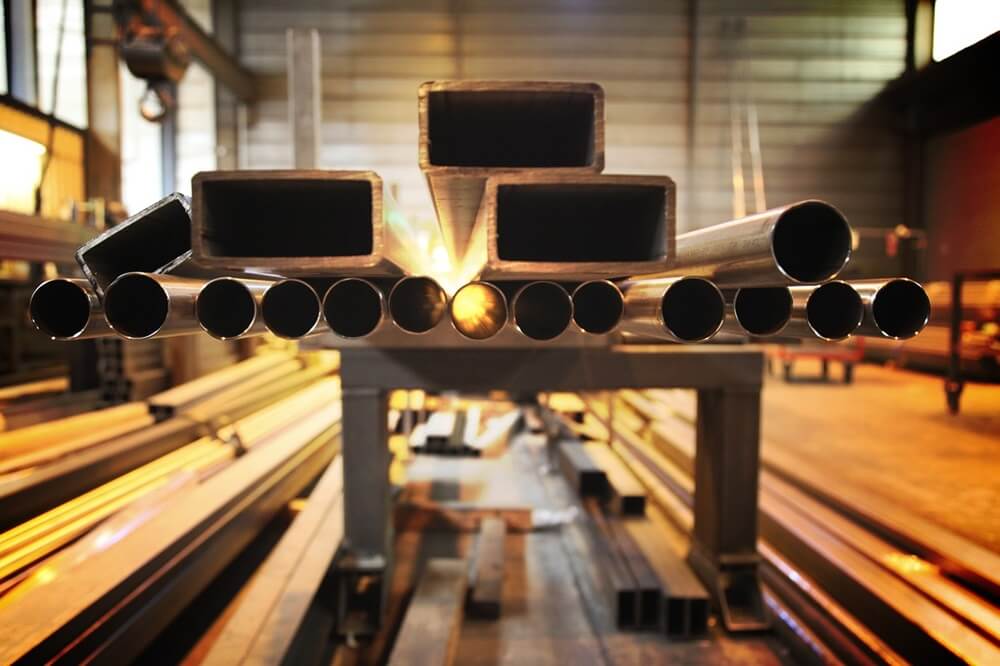 Steel is universally recognised to be one of the strongest and most durable building and construction materials available. However, steel often comes in a variety of different grades and alloys, each with unique properties and characteristics. Because of this, the world of steel can be confusing to navigate, especially for the uninitiated. In this post, we take a closer look at some common steel alloys and their uses to give you a better understanding of the subject matter.
Steel is universally recognised to be one of the strongest and most durable building and construction materials available. However, steel often comes in a variety of different grades and alloys, each with unique properties and characteristics. Because of this, the world of steel can be confusing to navigate, especially for the uninitiated. In this post, we take a closer look at some common steel alloys and their uses to give you a better understanding of the subject matter.
What are Steel Alloys?
Steel alloys refer to steel that has been combined with other elements, such as carbon and chromium, often to give the steel new properties. Depending on the particular alloy, steel alloys can contain anywhere between 1% and 50% of other elements that are not steel, giving rise to a variety of different possible combinations.
Common Steel Alloys and Their Uses
Steel alloys are most commonly categorised based on the alloying element as well as the percentage of the alloy that is made up of the alloying element. Some common steel alloys and their uses include:
Carbon Steel
As its name suggests, carbon steel is steel that has been combined with a very small amount of carbon that often ranges from 0.05% to 2%. While this may seem like a small proportion, the effect that the carbon has on the steel alloy is significant. Carbon steel has high tensile strength and durability, making it a popular choice of material for various applications, including manufacturing and fabrication, construction and military infrastructure. The addition of carbon also increases steel’s corrosion resistance, making it less susceptible to environmental stressors.
Stainless Steel
Stainless steel is another popular steel alloy that is known for its very high corrosion resistance. Notably, stainless steel also generally does not rust even when exposed to high moisture environments. Stainless steel typically comprises a small amount of carbon as well as 16% to 26% chromium and 6% to 22% nickel. It is most commonly used to manufacture kitchen equipment, medical devices and food processing machinery because of its unique properties.
Tool Steel
Tool steel is a unique category of steel alloys is primarily used to manufacture commercial tools due to its high wear resistance and toughness. Depending on the intended uses for the tool steel, it can contain a variety of different alloying elements including carbon, tungsten, chromium and molybdenum in some cases.
Choosing the Right Steel Alloy for Your Project
If you’re unsure about what the best steel alloy is for your project, it can be beneficial to consult an expert. RW Steel is the number on supplier of steel and steel products in Melbourne, including retaining wall steel, galvanised steel posts and much more. Our team has had decades of experience in the steel industry and would be happy to help you make a more well-informed decision about the type of steel that will suit your needs. Contact us today for a free, no-obligation consultation!